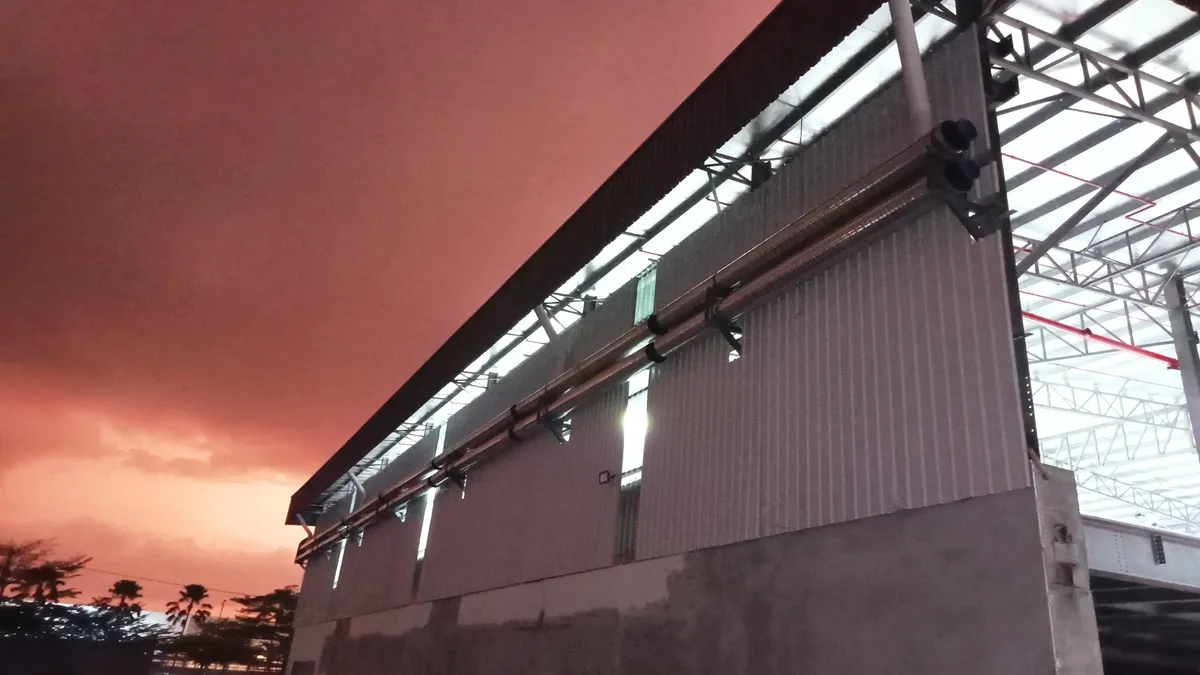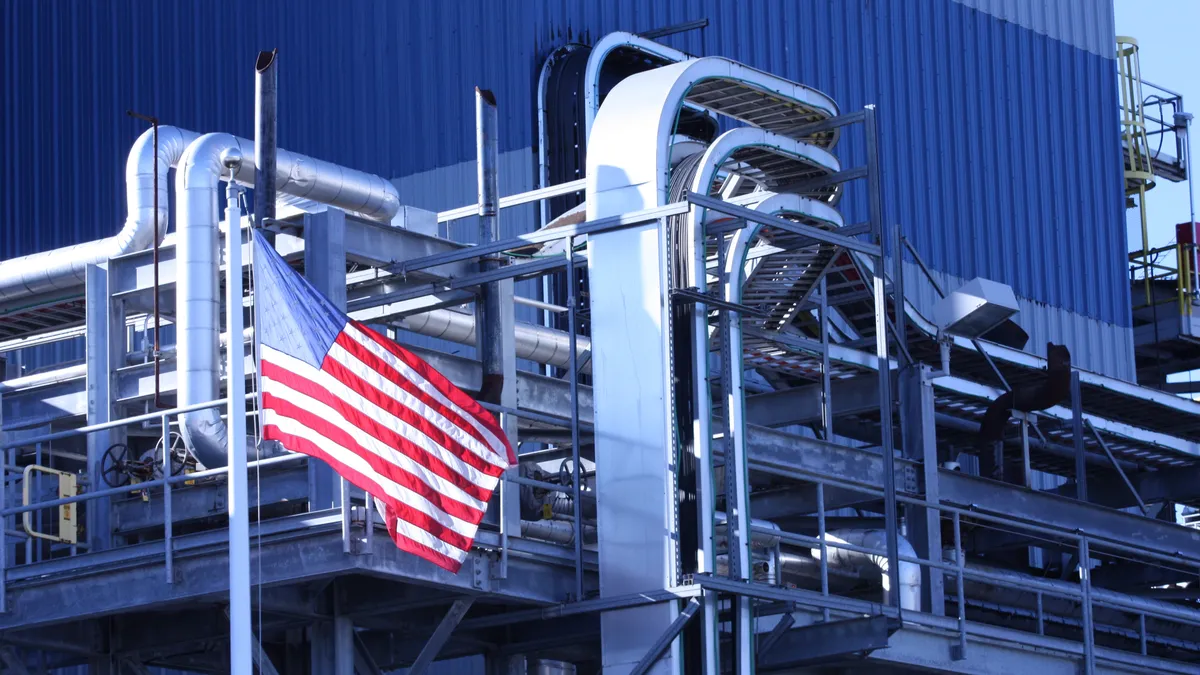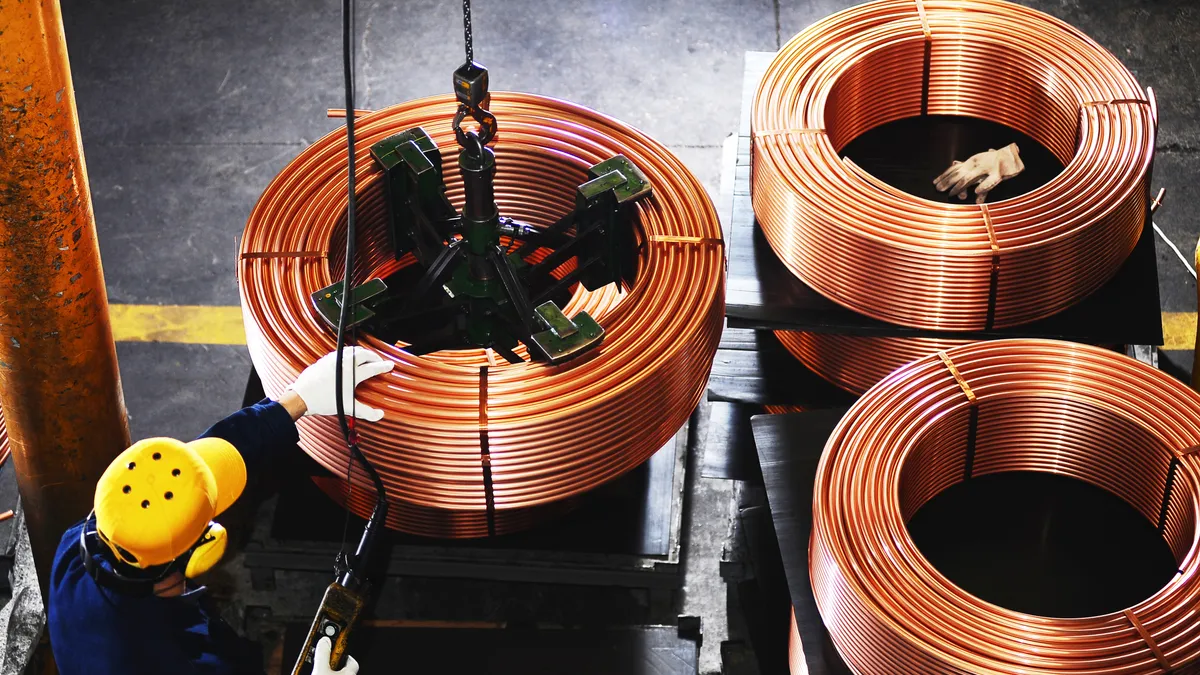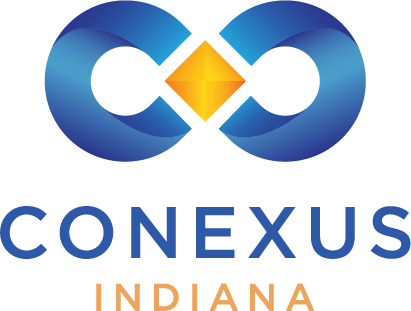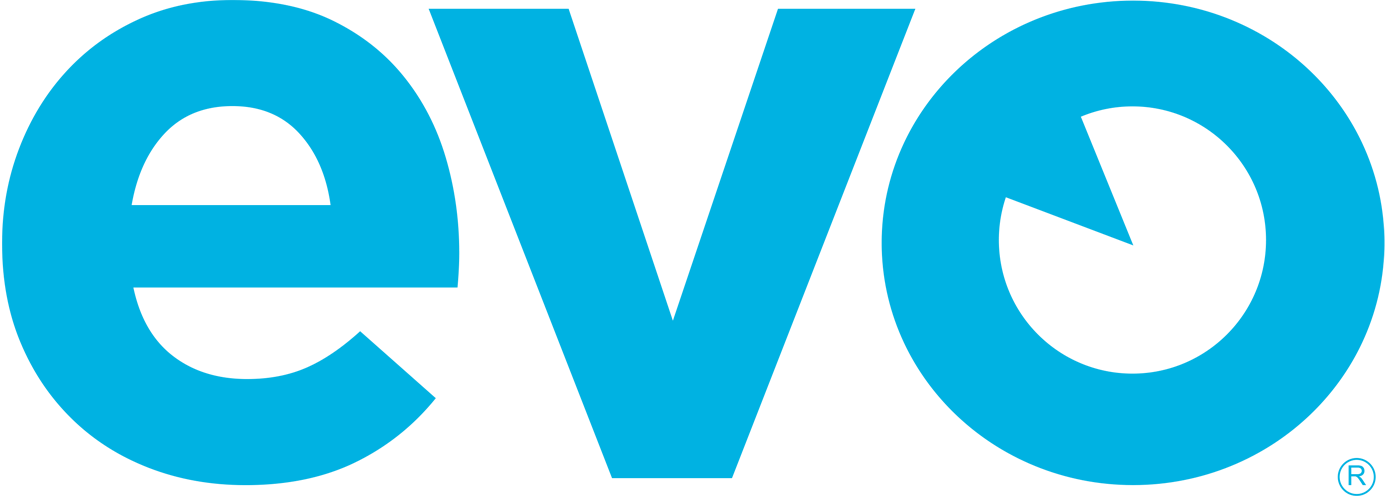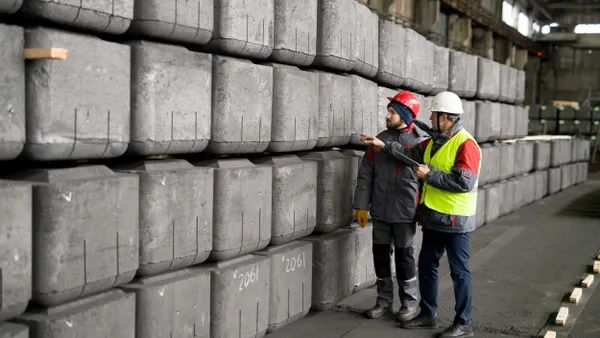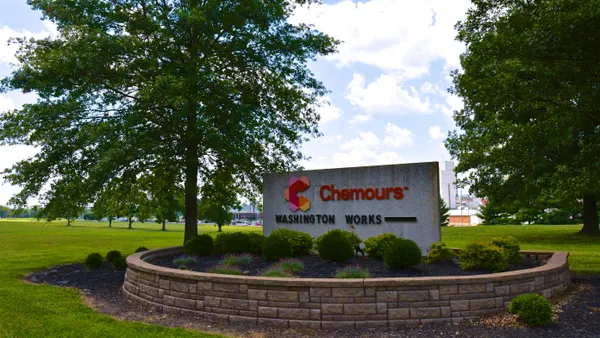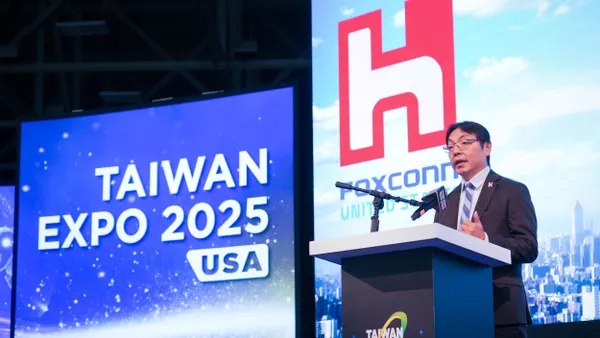Dive Brief:
- U.S.-based advanced silicon battery maker Enovix will build a $1.2 billion manufacturing facility in Penang, Malaysia, called Fab-2, the Malaysian Investment Development Authority announced Nov. 15.
- The investment will be spent over a period of 15 years. It first includes a $70 million battery cell manufacturing line, which will be established in partnership with Malaysian investment holding company YBS International Berhad.
- Enovix’s new facility is expected to open next April, President and CEO Raj Talluri said in a Q3 earnings call. At full capacity, the new manufacturing line will be able to produce nine to 12 million batteries a year, and the facility will house up to four lines, Talluri said in an email.
Dive Insight:
Enovix touts that its advanced battery technology is expected to deliver over 30% more capacity compared to current lithium batteries. The advantage positions the company for growth in the smartphone and EV markets, Talluri said in the Q3 earnings call.
The battery company initially announced the project in May, which marks its first ever high volume manufacturing facility, called Fab-2. While this will be Enovix’s first factory in Malaysia, the company’s COO, Ajay Marathe, has operated in the country for decades, Talluri said in an email.
The company expects production and revenue from the plant to ramp up in 2025 and 2026 after its opening next year, Talluri said on the call.
“Enovix’s establishment of its hi-tech battery technology facility in Malaysia is in perfect alignment with the missions of our New Industrial Master Plan (NIMP) 2030, and promises significant local spillover impact, notably the creation of substantial high-quality job opportunities for Malaysians, and the enhancement of our nation’s industrial landscape,” Tengku Zafrul bin Tengku Abdul Aziz, the Minister of Ministry of Investment, Trade & Industry, said in a statement.
Malaysia’s New Industrial Master Plan (NIMP) 2030, which launched in September, is intended to boost the country’s manufacturing industry across 21 different sectors, including high-impact areas such as electrical and electronics, EVs, pharmaceuticals, aerospace engineering and advanced materials.
U.S.-based companies are also taking advantage of the Southeast Asia country’s Battery Electric Vehicle Global Leaders Initiative, which allows foreign companies to sell cars in Malaysia without Approved Permit rules, making imported vehicles cheaper. Every car manufactured or assembled outside the country must secure an Approved Permit before it can be imported or sold locally.
In July, Tesla announced it would establish a regional office hub in Malaysia, which was the first deal under the country’s Battery Electric Vehicle Global Leaders initiative, according to a July MIDA release.
U.S.-based Alton Industry, a global supplier of consumer and commercial tools, appliances and floor care, also has plans to invest about half a billion dollars over the next seven years into expanding its manufacturing and research and development base in the country.



